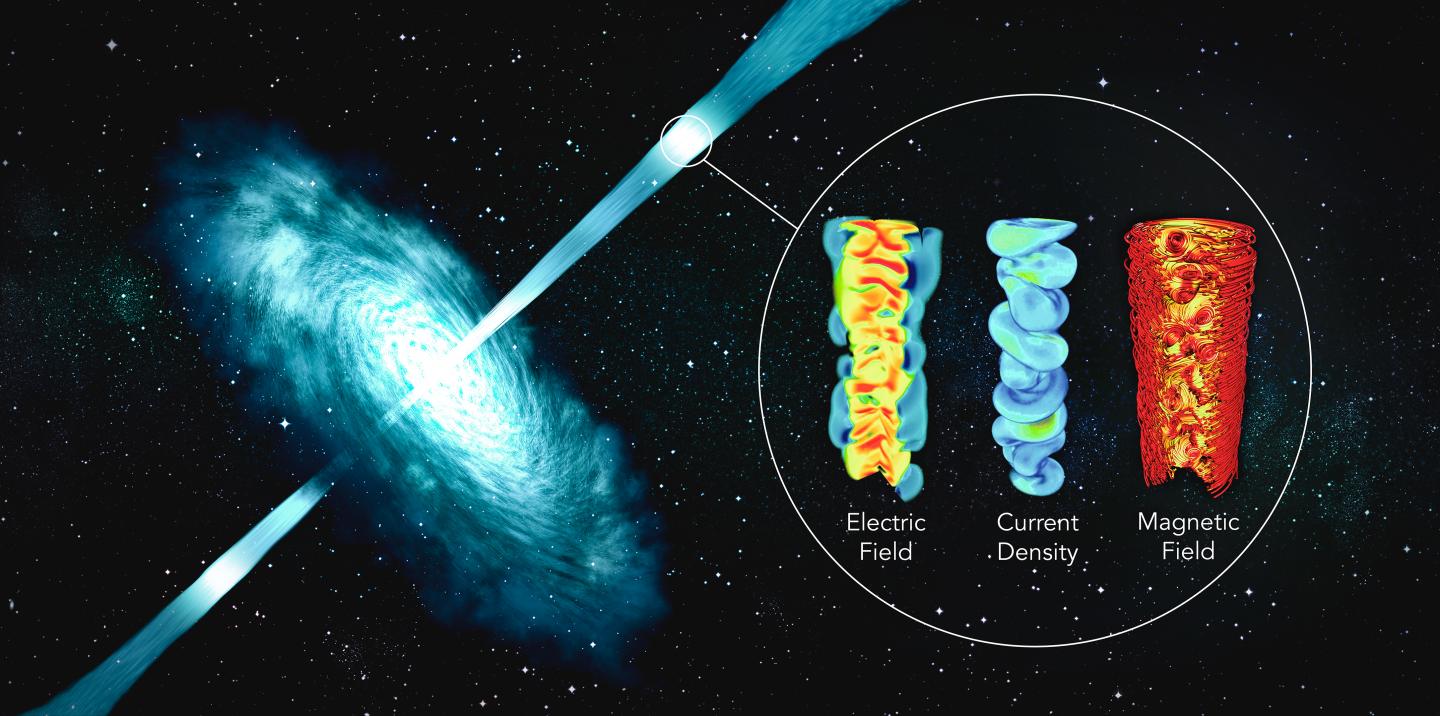Astronomers have long been after priceless prey . One that would allow them to study the Big Bang like never before, but that keeps slipping away, hidden in galaxies.
These are primordial magnetic fields, arising in the early Universe and which have the potential to provide an entirely new way of studying the first moments of creation. It’s a tough hunt, as those magnetic fields mix inextricably with those of the galaxies themselves, including our own. It is hard but not impossible.
Now, a team of researchers from the University of Cambridge has managed to take an important step on the path that leads to that detection. Their findings have just been published on ” Arxiv.org “. “We have not yet solved the puzzle,” says Sergio Martín Alvarez, the first author of the article, “but we are opening that door.”
Magnetic fields are believed to play an important role in star formation within galaxies. Our Milky Way, without going any further, is home to several different types of fields. Some, the best known, come from stellar explosions, others are generated by the activity of black holes.
But there could also be, mixed in with the rest, primordial magnetic fields, coming directly from the period of rapid cosmic inflation that took place just fractions of a second after the Big Bang.
Now, how do I find them? Until now, no one has been able to differentiate these ancient fields from the others, but Martín-Alvarez and his colleagues say they have found a way to do it.
To do this, the team of researchers made a model of a galaxy similar to the Milky Way that included both the primordial and the most recent magnetic fields. And they discovered that ancient fields seem to be able to survive in time, becoming practically immortal, and also becoming stronger and stronger, much more than previously thought.
“I was very surprised that they were able to survive,” says Martín-Alvarez. Now, to find them we have to look for things that telescopes can measure.
According to the study, primordial magnetic fields appear to be more concentrated towards the galactic center , while those from stars and black holes are more evenly distributed. The researchers believe they will soon be able to tell astronomers what exactly they should look for to locate them.
The implications of this work can be enormous . If the primordial magnetic fields in a galaxy can be measured, it would, in principle, be possible to measure the primordial magnetic field of the entire Universe. “Something,” says Martín-Alvarez, “that we didn’t think was possible.”
If these ancient magnetic fields were finally detected, it would be possible to understand the Universe much better , and at the same time give a new impetus to particle physics.
It is, in effect, a new cosmological window through which to observe the Big Bang, and also a new puzzle for Physics, since it would be necessary that in the primitive Universe there had been some kind of unusual event that is unknown today. allowed the creation of those magnetic fields so early.



 Bitcoin
Bitcoin  Ethereum
Ethereum  Tether
Tether  XRP
XRP  Solana
Solana  USDC
USDC  TRON
TRON  Cardano
Cardano  Lido Staked Ether
Lido Staked Ether  Avalanche
Avalanche  Toncoin
Toncoin